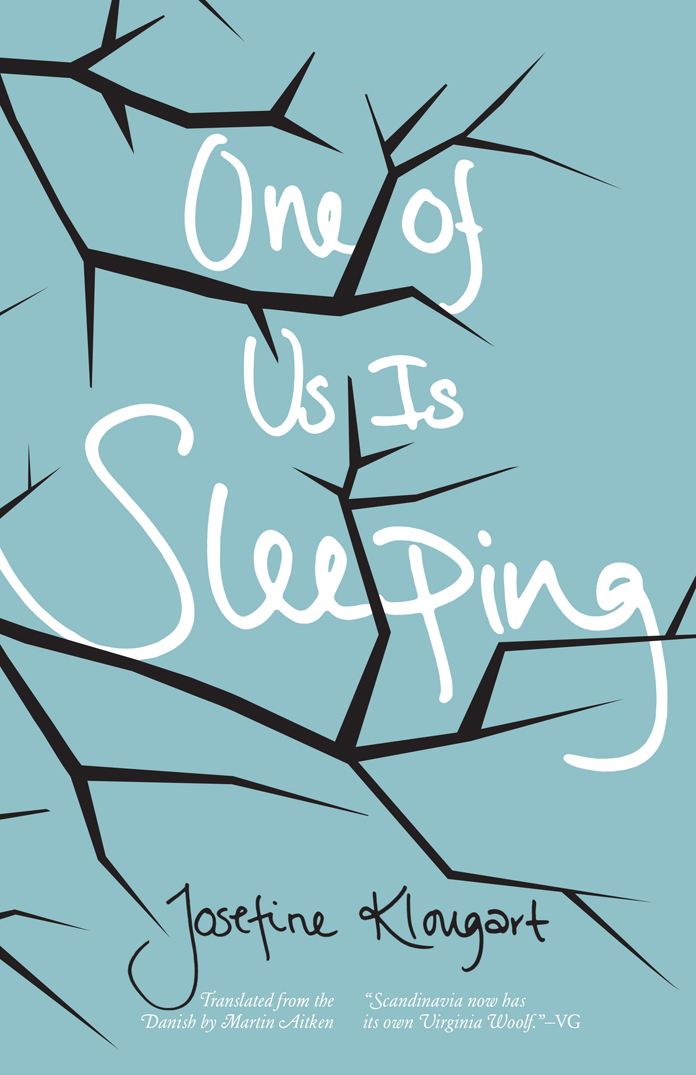
One of Us Is Sleeping
Danish Women Writers
کتاب های مرتبط
- اطلاعات
- نقد و بررسی
- دیدگاه کاربران
نقد و بررسی

May 30, 2016
A brokenhearted writer returns home to her family farm in this elegiac and disorienting novel, the author’s English-language debut. While staring out at the snow that has “upholstered everything in frost” on Denmark’s Jutland peninsula, separating the North and Baltic Seas, Klougart’s unnamed narrator obsessively recalls “pictures of the emotions” from the past eight years—foraging for False Chanterelles, a disappointing visit to Pompeii, the time her boyfriend slapped her hand to stop her from chewing her lip. Her mind also wanders to the events that followed the breakup with her boyfriend: a fling with an older man, a dreadfully uncomfortable meeting with her ex outside his used bookstore, an ill-fated attempt to start over; the timeline is muddled, but so is the writer’s mind. “She can’t remember beginning to love him, and she can’t remember stopping,” Klougart writes. “The feeling doesn’t move like that, forward or backward. It exists.” Mystifying, certainly, but Klougart’s graceful and precise language propels the novel through a succession of images that justify the vagueness of that feeling, what is eventually described as something akin to “separating an egg, passing the yolk from hand to hand, the fragile yolk that might break at any moment.” This is a beguiling conjuring of consciousness.

May 15, 2016
A young writer returns to her childhood home, where her mother is dying of cancer, to recover from a failed love affair. In Klougart's English-language debut, her narrator struggles with depression, loneliness, and existential angst while trying to make sense of her rocky relationships. Something of a wunderkind in her native Denmark, Klougart has published three other novels to wide acclaim, earning comparisons to Virginia Woolf and Anne Carson. Translated by Aitken, this discursive, deeply internal account of psychological pain has few English-language stylistic analogs, in part because its lyrical prose resists the idea of being a novel more often than it embraces it. As the narrator reflects on love lost, the point of view slips between first person and third person--sometimes even midparagraph--suggesting a psychological break, dissociation from a painful past, and the failure to write an accurate first-person account all rolled into one. Readers willing to take their time and allow Klougart to forcefully direct their attention will be treated to strange and surprising metaphors--an apartment smells like "bottled summer," and love is "A desire for light, twenty-four hours a day." But one eventually wonders how many pages--no matter how carefully wrought--are needed to confirm this novel's grim yet pragmatic philosophy: death is coming for us all. Klougart delivers a sustained meditation on love, loss, and alienation.
COPYRIGHT(2016) Kirkus Reviews, ALL RIGHTS RESERVED.

























دیدگاه کاربران